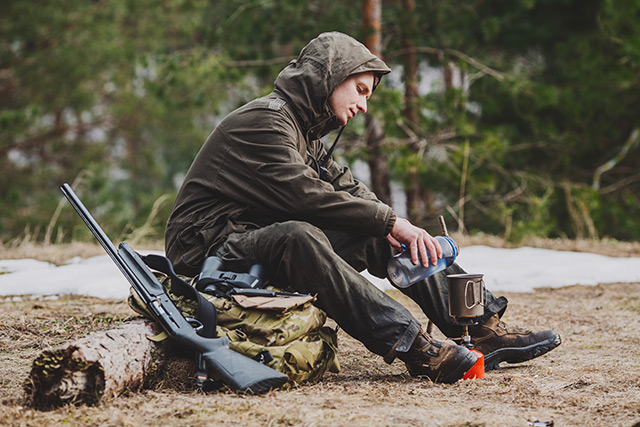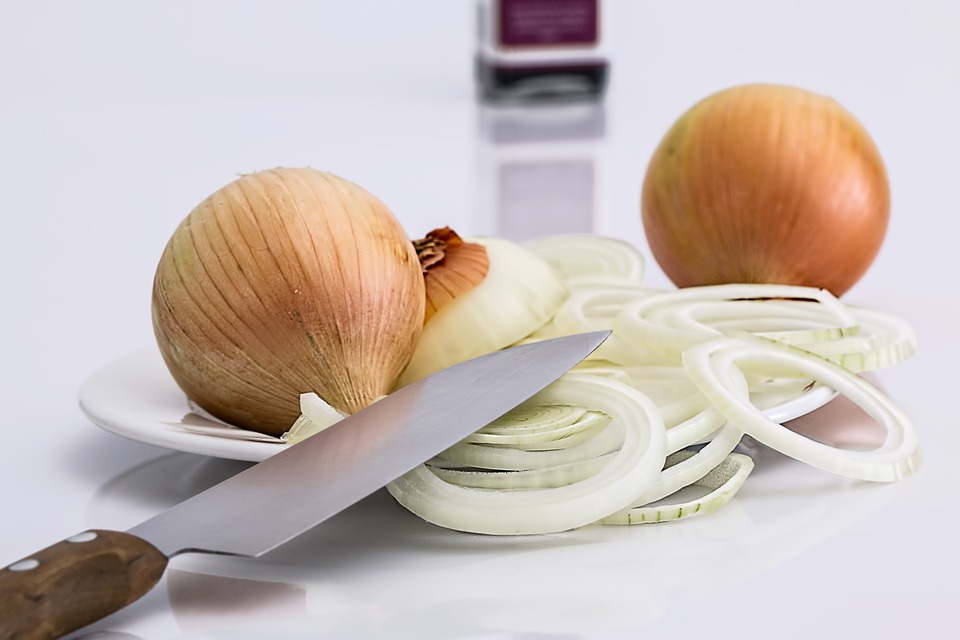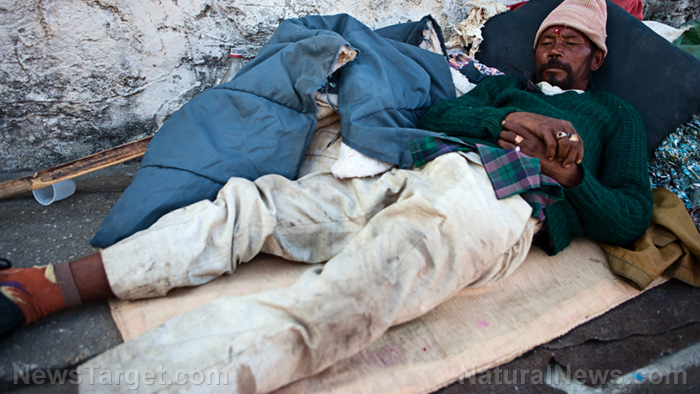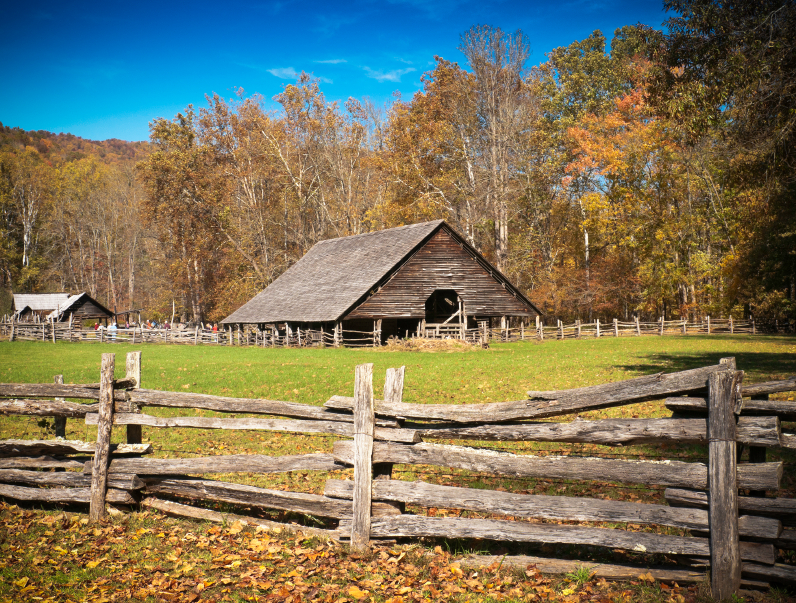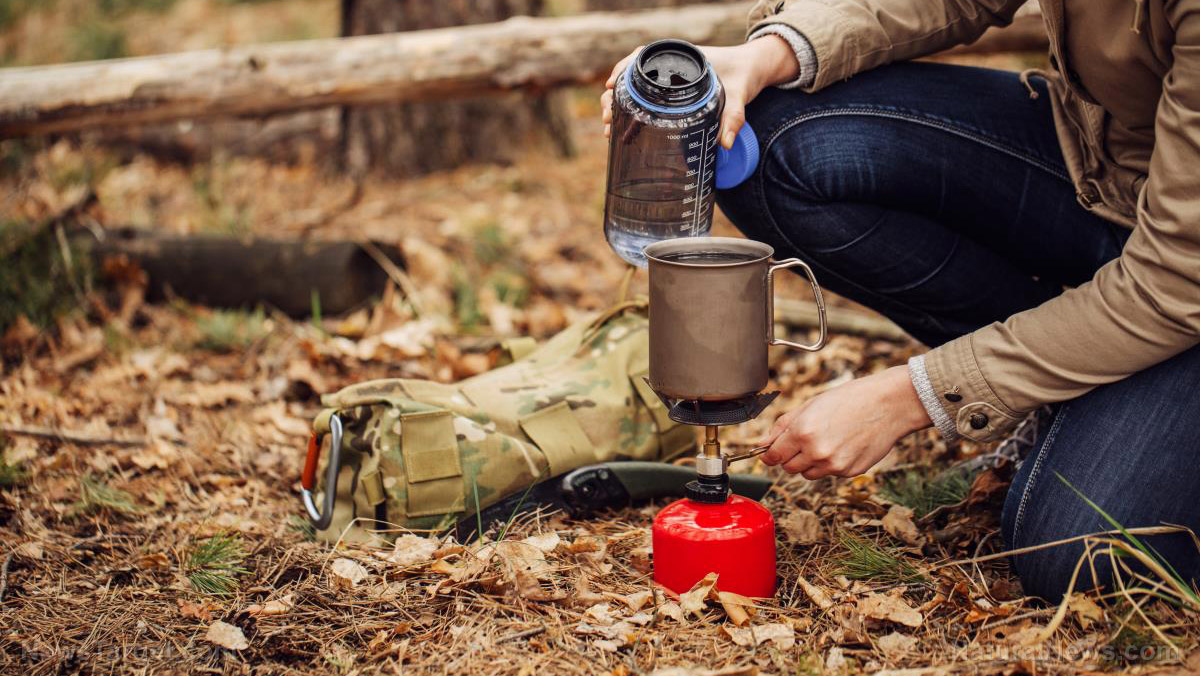Financial preparedness: The dos and don’ts of spending your prepping budget
12/20/2018 / By Mary Miller

There is no doubt that prepping is an investment, but it doesn’t have to cost a fortune. If you’re smart enough, you can find ways to cut down on prepping costs and develop good money habits. Here a few tips to help you prep, even when working on a limited budget. (h/t to TimGamble.com.)
Buy within your means
- Do: Stick to your budget. The last thing you want is to be buried under mountains of credit card debt, just because you had to have everything prepared all at once. Purchase items because they are essential for prepping and because you have planned for them in advance. Buy only what you need, not what you want. (Related: How to prep even if you don’t have a lot of money to spare.)
- Don’t: Purchase impulsively. Sometimes, you may come across an item you hadn’t considered beforehand. It may tempt you with its special features. At first you think that buying just one extra item won’t hurt, but you might end up saying exactly the same thing for the next fancy gadget you see, and the next, and the next, and so on. Before you know it, you will have fallen down the rabbit hole of impulse purchases. Be firm and think really hard about how much you need something and how much you only want it. Given enough time, your “want impulse” may fade away.
List what you need to buy and prioritize accordingly
- Do: List down everything you need to buy. Once you are done, arrange your list based on how much of a necessity the items are. Label the the most important essentials as set A. These would include items that fall under the highest priority, such as anything related to food, water, first aid, hygiene, and sanitation. For the items that are useful but aren’t an immediate need, label them as set B. These might include cooking, gardening, and cleaning supplies. Everything else should be labeled as set C. You can buy the set C materials, if you still have extra money left over after purchasing sets A and B.
- Don’t: Buy things in random order. If you end up buying plenty of set C items first, you might not have any money left for buying the essentials that you need.
Buy based on quality, not quantity
- Do: Buy items that are reliable and are made of good quality material. These are items that you should be able to depend your life on. You wouldn’t want that length of 550 paracord you just bought at a rock-bottom price to suddenly snap while carrying a heavy load, would you? Additionally, try to avoid buying things based on gimmicks and celebrity endorsements. By no means are these any markers of good quality.
- Don’t: Buy something just because a celebrity told you to. Even if you get multiple items at a great bargain, it won’t be worth it in the long run if you buy several items that break easily. Of course, that doesn’t mean that you shouldn’t buy in bulk. You can still buy in bulk from reputable stores and discount warehouses. Just make sure that what you’re buying is of durable quality first.
Find the best places to shop
- Do: Shop at flea markets and thrift stores. You’ll often find items that are almost brand new, but are sold at significantly lower prices. Other places you can shop at are secondhand stores, discount stores, salvage stores, and yard sales.
- Don’t: Shop at high-end retail stores. These stores probably don’t have what you’re looking for, and if they do, their prices will probably be marked up considerably.
Look for free ways to get your gear and supplies
- Do: Search for items on Craigslist and Freecycle. People can sometimes choose to give away unwanted items for free. All you have to do is to take the initiative to search for them.
- Don’t: Wait for free hand outs. If you want something, go and ask around for it. You never know what people might just have lying around.
If you want to learn more tricks on while on a budget, you can read more articles by going to Preparedness.news.
Sources include:
Tagged Under: affordable prepping, budget prepping, budgeting, bug out, expenses, off grid, preparedness, preparedness and survival, prepper, prepping, prepping tips, save money, saving money, self sufficiency, spending habits, survival, Survival Tips, survivalist, sustainable living






